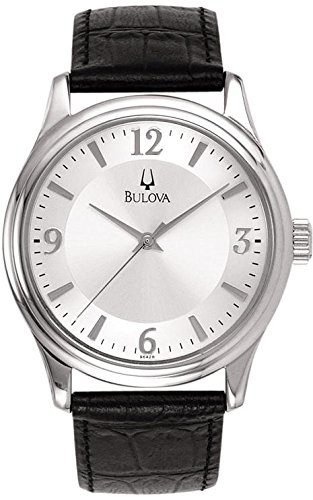Working for a large company, I often find myself in the scenario of needing information. I therefore seek to resolve this knowledge deficit by sending a simple email to an individual who holds said knowledge. Yet all too often my queries go ignored. Why is that? What deep underlying motivations have possessed this individual to turn a deaf ear to the needs of others? What cruel, sociopathic inclinations govern this person’s actions?
I debated at length these social dynamics, but the answer wasn’t nearly so disturbing as my overly-dramatic introduction might have implied. Rather, I conclude there are a few and very simple factors: Does the person feel they have time (an extension of job title and pay grade), does the person feel the inquirer is worthy of their time (also an extension of job title and pay grade), can the person benefit from the inquirer, has the inquirer committed some social slight against them, and does the person like the inquirer?
To distill this even further, from the contactee’s perspective:
- Are you at my level?
- Has there or will there be a quid pro quo?
- Do I like you?
Yet all reasons are not created equal, so based upon entirely subjective reasoning, I have developed a formula to weight them properly:
- Each party’s pay grade. The first thing an email recipient looks at when receiving an email from an unknown party is that person’s job title. A lot of information can be instantly determined from the hierarchy. If you’re higher than me, I’d better listen, for my future promotion could depend on it. If you’re lower than me, well…(dismissive wave of the hand). If we’re the same level, I should at least consider you a peer, and there’s the possibility that I might work for you one day.
- Subjectives. How well do I know this person, do we work together, do we have a good working relationship, and do I like you? So much is difficult to determine from an email, but in short, if you’ve pissed me off, then you’re probably not going to get an answer. Fair? No. True? Always. From failed experiences, I know to always humble myself accordingly when initiating contact.
- Positive Empiricals. Have you done good work for me before and are you a potential cardinal to my promotion? Obviously I would want to maintain a relationship with someone who’s benefiting me directly.
- Negative Empiricals. Have you done lousy work for me before and have you beat me out for a job or opportunity? Obviously I’d want to distance myself from a poor worker, but the last point does seem petty. However, people take ego blows very seriously, and it’s no coincidence that former colleagues have severed contact when I became competition, and especially if I won.
As for probability, I’ve determined from experience that I will always get a response from a peer if every positive category is satisfied. I will generally always get a response from someone lower with almost all of these conditions satisfied. And I will usually get a response from someone higher with every condition satisfied. However, if any negative conditions are satisfied, then the response rate very quickly drops. As I stated, it’s weighted, and formerly positive relationships are always easy to sabotage since the human mind tends to remember the bad and not the good. Here’s the formula for reference:
=IF(Their pay grade>Your pay grade,100*((1/(0.5*(Their pay grade-Your pay grade))/4)+(Do you know them?+Do you work with this person currently?+Is person within your department?+Do you have a positive working relationship?+Do they like you?)/25)+(Have you done good work for them before?+Can you get this person a job/opportunity?)/10)-(Have you done bad work for them before?+Have you beat that person out for job/opportunity?)/5)),IF(Your pay grade>Their pay grade,70+(100*(Do you know them?+Do you work with this person currently?+Is person within your department?+Do you have a positive working relationship?+Do they like you?)/25)+(Have you done good work for them before?+Can you get this person a job/opportunity?)*10)),60+(100*(Do you know them?+Do you work with this person currently?+Is person within your department?+Do you have a positive working relationship?+Do they like you?)/25)+(Have you done good work for them before?+Can you get this person a job/opportunity?)*10)-(Have you done bad work for them before?+Have you beat that person out for job/opportunity?)*10))))
 Of course, that nightmarish formula is more readily understood in its natural format: a spreadsheet, so naturally I’ve provided it along with instructions:
Of course, that nightmarish formula is more readily understood in its natural format: a spreadsheet, so naturally I’ve provided it along with instructions:
https://moorheadfamily.net/data/Query%20Quotient.xlsx
Out of curiosity, I tested it with a recent scenario involving someone from our Legal department. The calculator suggested a 33% chance of receiving a response, and seeing as it took 3 weeks to get any answer, this figure seems pretty accurate. Hopefully this tool will allow you to adjust your project timelines accordingly.
–Simon






